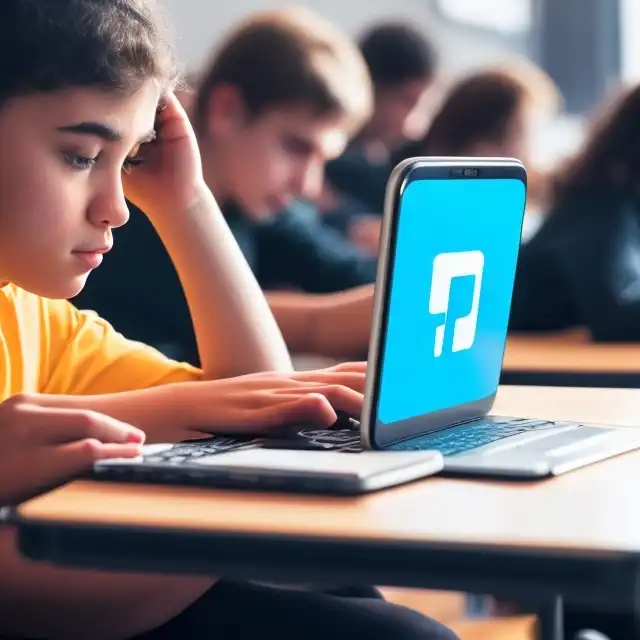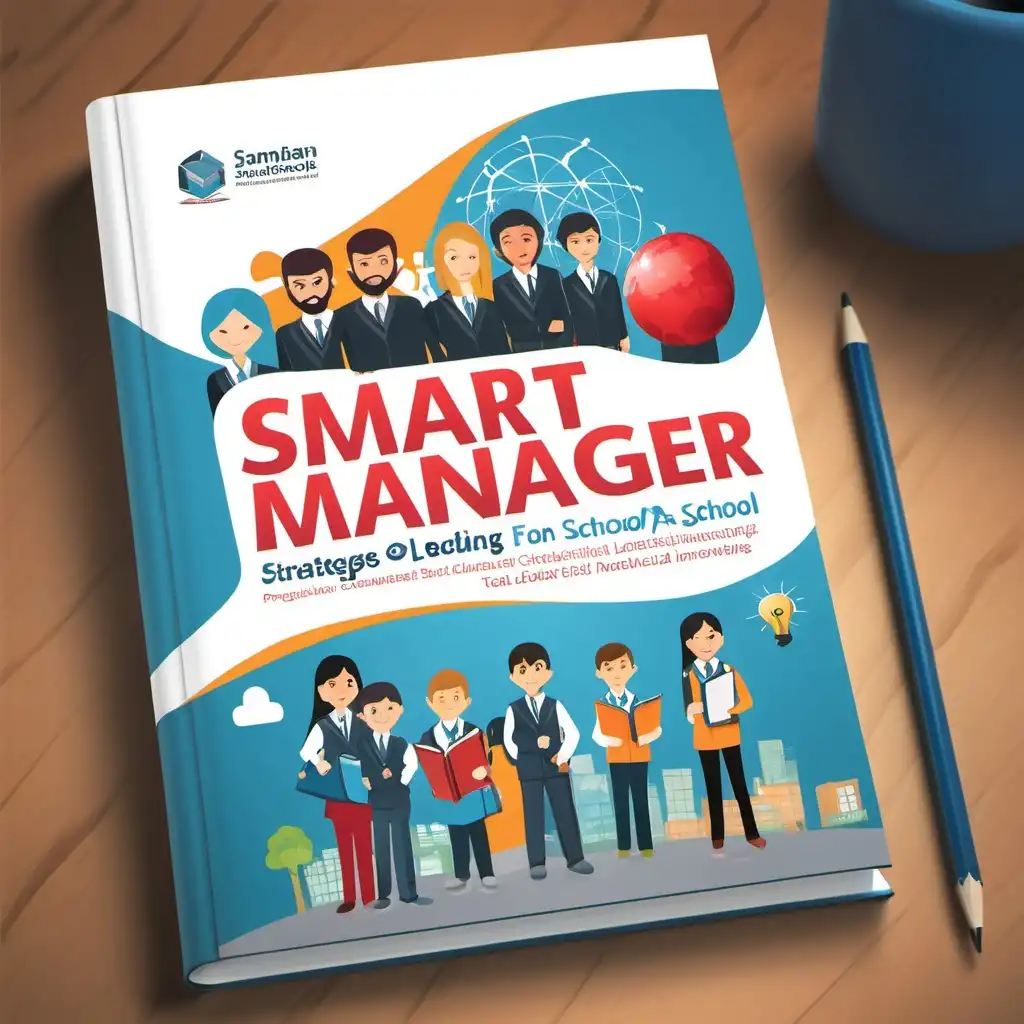图片提示词prompt
The use of phones by students can have several negative effects, including:
1. **Distraction**: Phones can divert students' attention from their studies, leading to decreased focus during lectures and while studying. Notifications from social media and messaging apps can interrupt learning.
2. **Poor Academic Performance**: Excessive phone use can correlate with lower grades, as students may prioritize social media or gaming over their schoolwork.
3. **Sleep Disruption**: Late-night phone usage can interfere with sleep quality and duration, resulting in fatigue and reduced cognitive function during the day.
4. **Social Isolation**: Overreliance on phones for social interaction can hinder face-to-face communication skills and lead to feelings of loneliness or isolation.
5. **Mental Health Issues**: Increased screen time has been linked to anxiety, depression, and low self-esteem among students, particularly due to social comparison on platforms like Instagram or TikTok.
6. **Reduced Physical Activity**: Time spent on phones often replaces physical activities, contributing to a sedentary lifestyle and associated health risks.
7. **Cyberbullying**: The anonymity of online communication can facilitate bullying and harassment, leading to serious emotional distress for victims.
8. **Inadequate Research Skills**: Students may become dependent on quick answers from their phones instead of developing critical thinking and research skills.
Addressing these issues involves setting boundaries for phone usage, encouraging digital literacy, and promoting healthier habits among students.
学生使用手机可能会产生一些负面影响,包括:
1. ** 分心 **: 手机会转移学生学习的注意力,导致上课和学习时的注意力下降。来自社交媒体和消息应用程序的通知可能会中断学习。
2. ** 学习成绩差 **: 过度使用手机可能与较低的成绩相关,因为学生可能会优先考虑社交媒体或游戏而不是学业。
3. ** 睡眠中断 **: 深夜使用电话会干扰睡眠质量和持续时间









